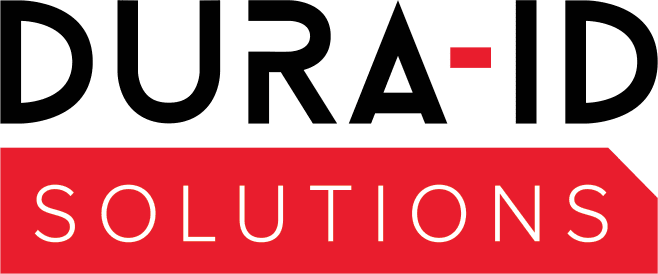What is the Windsor Framework?
The Windsor Framework is a legal agreement between the United Kingdom and the European Union. It was put in place following Brexit, which has impacted the operation of the Northern Ireland Protocol (NIP).
Under the terms of the NIP, Northern Ireland is to remain in the EU single market when it comes to the transport of goods. This has resulted in a de facto Irish Sea trade border for moving goods between Northern Ireland and the UK. The UK government and European Commission implemented the Framework to reduce customs checks on goods arriving from Great Britain.
What’s more, it ensures Northern Irish businesses have equal access to goods and that products from the UK Market won’t move from Northern Ireland into the EU Single Market.
The Windsor Framework presents a new process for moving pre-packed goods from Great Britain into Northern Ireland (as well as products coming into Great Britain from the EU). This change will take place over a three-phase process, which starts in October 2023 and comes into full effect in July 2025.
In short, the Windsor Plan means that goods arriving in Northern Ireland from other parts of the UK will now be subject to customs checks. These checks are similar to those that take place when goods enter the EU from the UK.
Why is it Called the Windsor Framework?
The story behind the name is quite simple. The agreement was made following a meeting between the UK Prime Minister and the President of the European Commission at the Fairmont Hotel at Windsor Great Park.
Will the New Framework Impact My Business?
The Windsor Agreement will affect all businesses that sell or move food products to Northern Ireland. While the agreement should streamline the current processes, it will mean your business must adhere to new labelling requirements.
What are the Implications of the Windsor Framework in Northern Ireland?
The Windsor Plan aims to address some of the challenges that the NIP faces. This includes the cross-border transport of goods, food, and medicine. It also creates a “Green Lane” for agri-food being traded in Northern Ireland and a “Red Lane” for agri-food that may be traded in the EU’s Single Market (i.e. outside of the UK).
These new lanes mean labelling requirements are changing in the UK. Under the agreement, all Green Lane goods must now carry a label which states “Not for sale in the EU”. What’s more, these goods will go through less stringent customs checks.
It’s important to note that since the Windsor Framework is only an agreement, the UK and EU must introduce labelling guidance and legislation for companies that operate within Northern Ireland, Great Britain, and the EU.
What are the Phases of the Windsor Agreement?
The Windsor Framework is being implemented in phases. Here’s a brief overview of what to expect during these phases.
Phase 1
Phase 1 went into effect on 1st October 2023. This first phase will affect all meat and some fresh dairy products moving from Great Britain to Northern Ireland. These products must now be individually labelled with a “Not for EU” sticker. What’s more, this label must appear on the box or case of any products that aren’t individually labelled.
Phase 2
The second phase of the Windsor Framework is set to go into effect on 1st October 2024. It will mean that all milk and dairy products must meet the new labelling requirements listed in phase one.
Phase 3
Finally, phase three will come into effect on 1st July 2025. In this last phase, all composite products, fruit, vegetables, and fish must follow the new labelling requirements.
Businesses will have a thirty-day transition period at the start of each phase to make sure all goods are labelled correctly.
How Will the Windsor Framework Impact Businesses?
The Windsor Scheme will be beneficial for businesses, especially those based in Northern Ireland. Here are some of the advantages the Framework can offer.
Streamlines the process of moving goods into Northern Ireland, easing some of the restrictions in place under EU legislation.
Reduces time-consuming red tape and certification processes.
The government will offer financial support to help businesses adapt to the plan. This means companies can use this money to cover the costs of updating coding, labelling equipment, and processes.
A Final Word on the Windsor Plan
If your business will be affected by these changes to labelling requirements, Dura-ID Solutions Limited can help. Our expert team can assist with all your labelling requirements, while Atwell Self-Adhesive Labellers can supply your label applicator requirements.
Get in touch today to see how we can help you.
